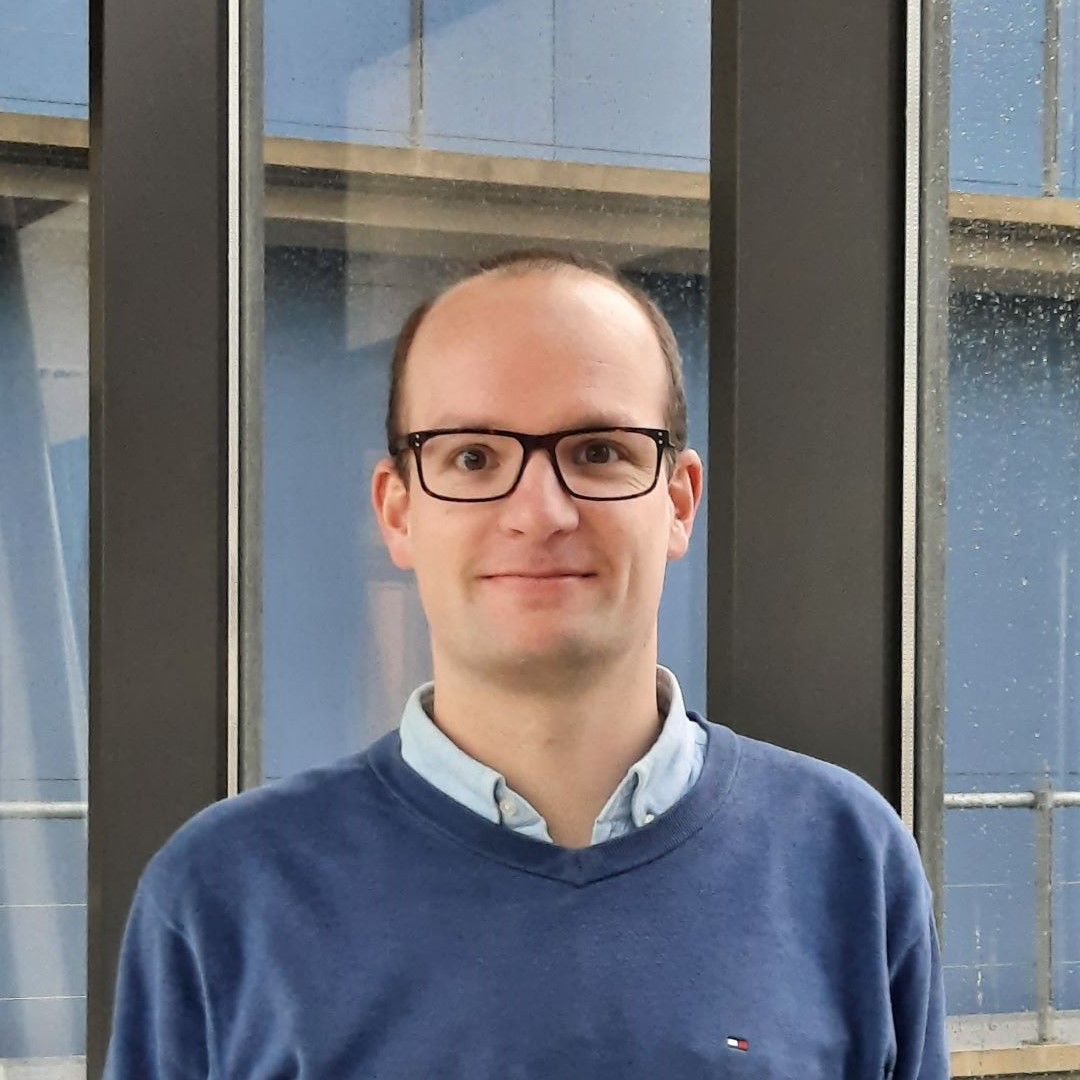Joris Deelen is an associate professor at the Leiden University Medical Center (LUMC) in the Netherlands. Moreover, he is still actively running a research group at the Max Planck Institute for Biology of Ageing (MPI-Age) in Cologne. His group at the LUMC is focussed on the identification and validation of biomarkers of ageing using epidemiological and clinical studies. The main emphasis is on biomarkers that have been identified in large-scale international collaborations of human studies using omics-based approaches, such as metabolomics. In addition, his group is performing in-depth analyses of lifestyle-based intervention studies to identify omics-based profiles indicative of a health-promoting response. Another main focus of his groups in the LUMC and MPI-Age is the identification and functional characterisation of genetic variants linked to human longevity. To this end, they make use of the CRISPR/Cas9 system to generate transgenic cell lines and mice harbouring the identified variants and subsequently measures their functional effects in vitro and in vivo.
Metabolomics-based biomarkers of ageing; how to implement epidemiological findings into clinically relevant settings
There is an urgent need for (affordable) biomarkers of ageing to identify the vulnerable people in the population that are at high risk for developing (multi)morbidity. During my talk I will explain the concept behind biomarkers of ageing and present two different types of biomarkers that we have generated using NMR-based metabolomics data; MetaboAge, trained on chronological age, and MetaboHealth, trained on mortality. I will subsequently show the approaches we are currently taking to determine if these metabolomics-based biomarkers (1) are useful for assessing global health in the general population and/or clinic, (2) can be used to monitor (lifestyle) interventions, and (3) can serve as motivation for lifestyle changes.
